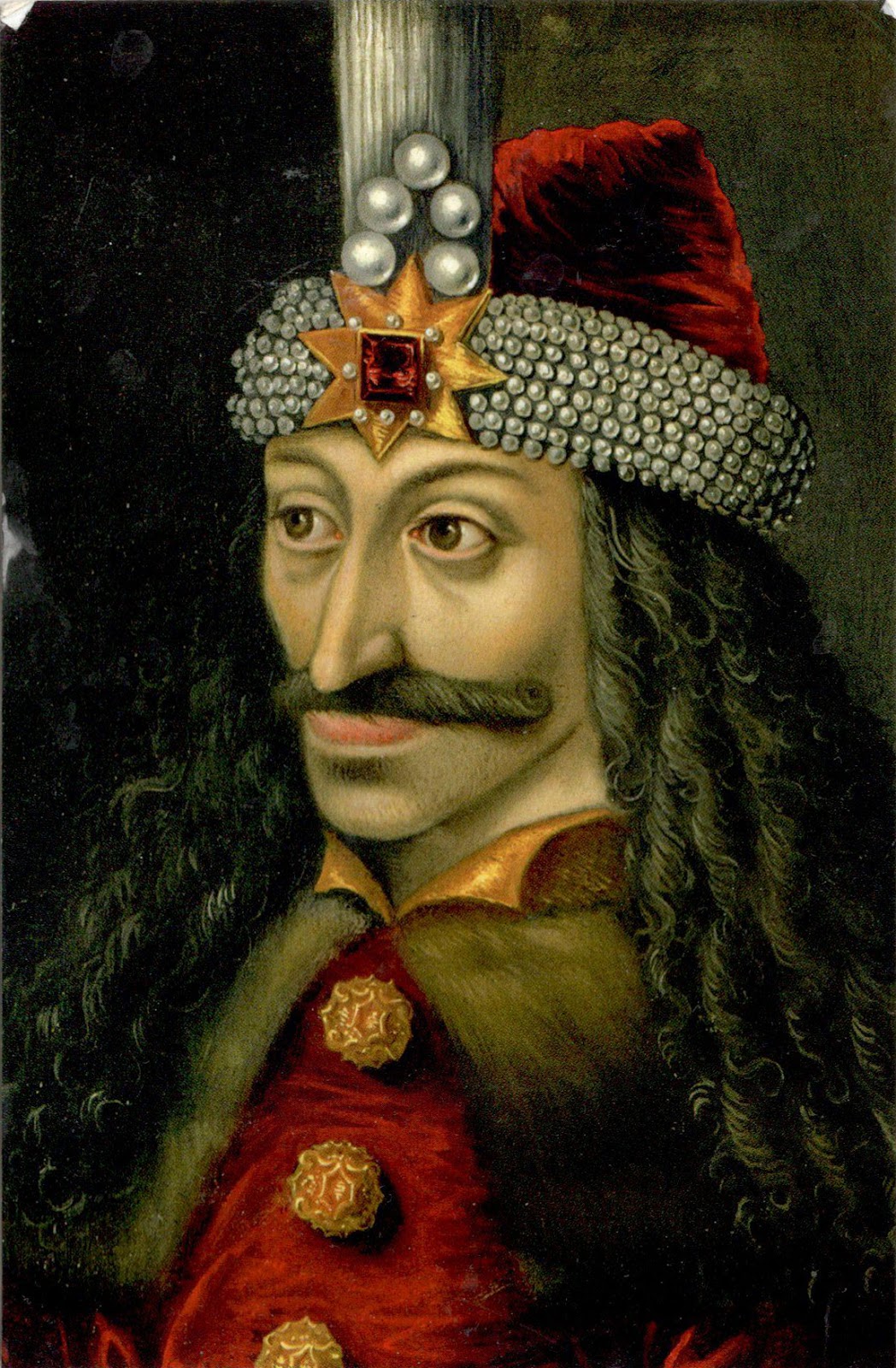Vlad is a name that evokes a rich tapestry of history, culture, and intrigue. From its roots in Eastern Europe to its modern-day representations in media, the name Vlad carries with it a weight of significance that spans centuries. Whether you are familiar with the legendary figure Vlad the Impaler or the contemporary personalities that share this name, there is no denying the impact that Vlad has had on various facets of society. In this article, we will delve into the many dimensions of Vlad, exploring his biography, cultural significance, and the enduring legacy he has left behind.
Throughout history, the name Vlad has been synonymous with strength and power. It has appeared in various forms across different cultures, each time embodying unique traits and stories. The figure of Vlad the Impaler, for instance, is often cited as the inspiration for Bram Stoker's Dracula, forever linking the name to themes of horror and darkness. Yet, as we explore further, we will uncover the multifaceted nature of Vlad, revealing aspects of his character that go beyond the shadowy persona often portrayed in popular culture.
As we embark on this journey through the world of Vlad, we will not only examine his historical significance but also the personal stories of those who bear this name today. From celebrated figures in arts and politics to everyday individuals making their mark, the name Vlad continues to resonate in our contemporary landscape. So, let us begin our exploration of this captivating name and the legacy it represents.
Who Was Vlad the Impaler?
Vlad the Impaler, also known as Vlad III or Vlad Dracula, was a 15th-century ruler of Wallachia, a region in modern-day Romania. Born in 1431, he was the son of Vlad II Dracul, a member of the Order of the Dragon, which sought to defend Christianity against Ottoman expansion. His reign is marked by fierce resistance against the Ottomans and is infamous for his brutal methods of punishment, particularly impalement. This reputation for cruelty has cemented his place in history as one of the most notorious figures of his time.
What Were Vlad's Major Accomplishments?
Despite his fearsome reputation, Vlad the Impaler is also credited with several accomplishments during his reign:
- Successfully defended Wallachia against Ottoman invasions.
- Strengthened the central authority of his rule.
- Implemented various reforms in governance and taxation.
- Promoted trade and economic development in Wallachia.
How Did Vlad's Legacy Influence Literature and Media?
The legacy of Vlad the Impaler extends far beyond the annals of history. His life and deeds inspired numerous literary works, most notably Bram Stoker's "Dracula," published in 1897. This novel introduced the character of Count Dracula, an archetype of the vampire that has dominated popular culture ever since. The link between Vlad and Dracula has led to countless adaptations in film, television, and other media, further entrenching the name Vlad in the collective consciousness as a symbol of horror.
What is Vlad's Cultural Significance Today?
In contemporary society, the name Vlad is still prevalent, especially in Eastern European countries. It symbolizes strength, resilience, and, in some cases, a connection to the dark history of the region. Many people named Vlad take pride in their heritage, often embracing the historical figure's complexity rather than shying away from it. The name has also been popularized through various cultural mediums, including films, books, and even video games, showcasing its versatility and enduring appeal.
Who Are Some Notable Modern Figures Named Vlad?
Several notable individuals named Vlad have made significant contributions across various fields:
| Name | Profession | Contributions |
|---|---|---|
| Vladislav Surkov | Politician | Influential in Russian political landscape, known for his role in the Kremlin. |
| Vladislav Kovalchuk | Artist | Recognized for modern art that explores themes of identity and history. |
| Vladislav Sokolov | Athlete | Prominent figure in international fencing competitions. |
How Does the Name Vlad Impact Personal Identity?
For many individuals named Vlad, the name carries a dual significance. On one hand, there is a sense of pride in sharing a name with a historical figure known for his strength and resilience. On the other hand, there is a recognition of the darker aspects of Vlad's legacy, leading many to reflect on how they wish to define their identity in relation to this historical context. This interplay of pride and reflection often shapes how people named Vlad navigate their personal and professional lives.
What Can We Learn from Vlad's Story?
The story of Vlad, particularly Vlad the Impaler, serves as a powerful reminder of the complexities of human nature and leadership. His life illustrates the tension between cruelty and justice, the impact of historical context on personal choices, and the way narratives can shape our understanding of figures from the past. As we continue to explore and interpret his legacy, we are invited to reflect on our values and the lessons we can glean from history.
Conclusion: The Enduring Legacy of Vlad
In conclusion, the name Vlad encapsulates a historical and cultural journey that resonates through the ages. From the notorious reign of Vlad the Impaler to the modern individuals who carry the name, Vlad represents a rich tapestry of strength, complexity, and interpretation. As we move forward, it is essential to remember the multifaceted nature of this name and what it signifies in our evolving narrative. Whether through literature, media, or personal identity, Vlad will undoubtedly continue to invoke curiosity and intrigue for generations to come.
Tristan Tate: The Life And Legacy Of A Modern Entrepreneur
Discovering The Life And Legacy Of Dante Givens
Unraveling The Life Of Andy Madoff: A Journey Through Shadows


